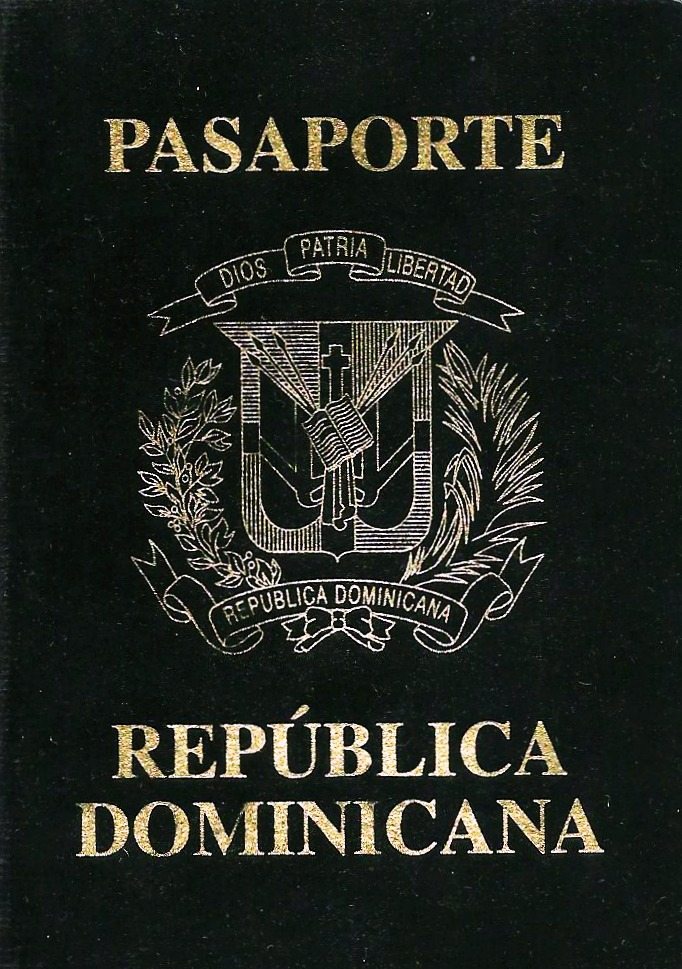UPDATE, May 17, 2014: The bill passed.
Reports from Santo Domingo and the Dominican-American community are confirming that the Dominican Republican is ready to move beyond last year’s controversial constitutional tribunal ruling about who is a Dominican citizen.
Here is what Dominican Today reported:
The bill submitted to Congress by the Executive Branch Thursday will benefit the offspring of foreigners born in national territory from June 1929 to April 2007, but registered irregularly in the country’s Civil Registry.
Presidency legal adviser Cesar Pina, who together with Interior and Police minister José Ramón Fadul handed over the draft to Chamber of Deputies president Abel Martínez, said the proposed legislation would create a fast rrack to regularize offspring of non-resident foreign parents registered with the Civil Registrar, but whose documents aren’t based on recognized current regulations.
In today’s Acento, a bill submitted by President Danilo Medina to his country’s Congreso saying that Dominicans (mostly of Haitian descent) who were “denationalized” by Ruling 168-13.
Here is a translation of what Medina wrote with the submission of the bill:
Legalizing these documents is the most fair, fast and final way to end the uncertainty of these people and their descendants, and banish forever the possibility that their rights are restricted by administrative shortcomings they were not responsible for or participated in.
We also propose to recognize, retroactive to their effective dates of birth, all acts of civil life for those in this condition and who would benefit from this law.
In short, this would allow these men and women, who lived all their lives with a legal Dominican identity, who in many cases obtained their birth certificates here, their certificate of primary and secondary education, and some who even voted or were married with this documentation, these people would definitely be recognized as valid and can therefore continue living their lives normally.




I really liked your article , your article is very petrified me in the learning process and provide additional knowledge to me , maybe I can learn more from you , I will wait for your next article article , thanks
http://yakuza4d.com/peraturan
http://yakuza4d.com
http://yakuza4d.com/home
http://yakuza4d.com/daftar
http://yakuza4d.com/cara_main
http://yakuza4d.com/hasil
http://yakuza4d.com/buku_mimpi
http://beritamedannews.blogspot.com
http://www.cintaberita.com
http://yakuza4d2.com
http://yakuza4d2.com/promo
http://yakuza4d2.com/daftar
http://yakuza4d2.com/cara_main
http://yakuza4d2.com/hasil
http://yakuza4d2.com/buku_mimpi